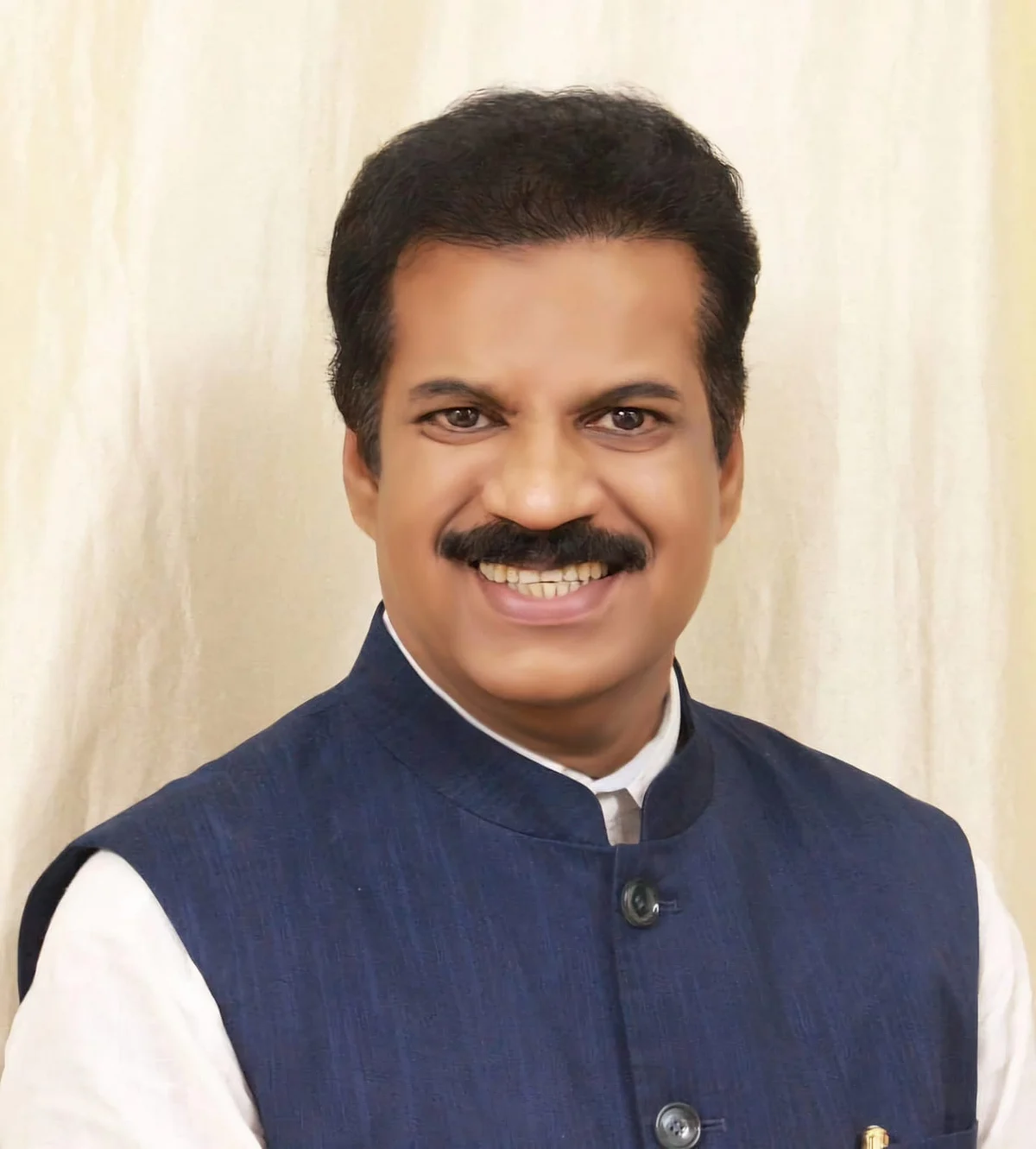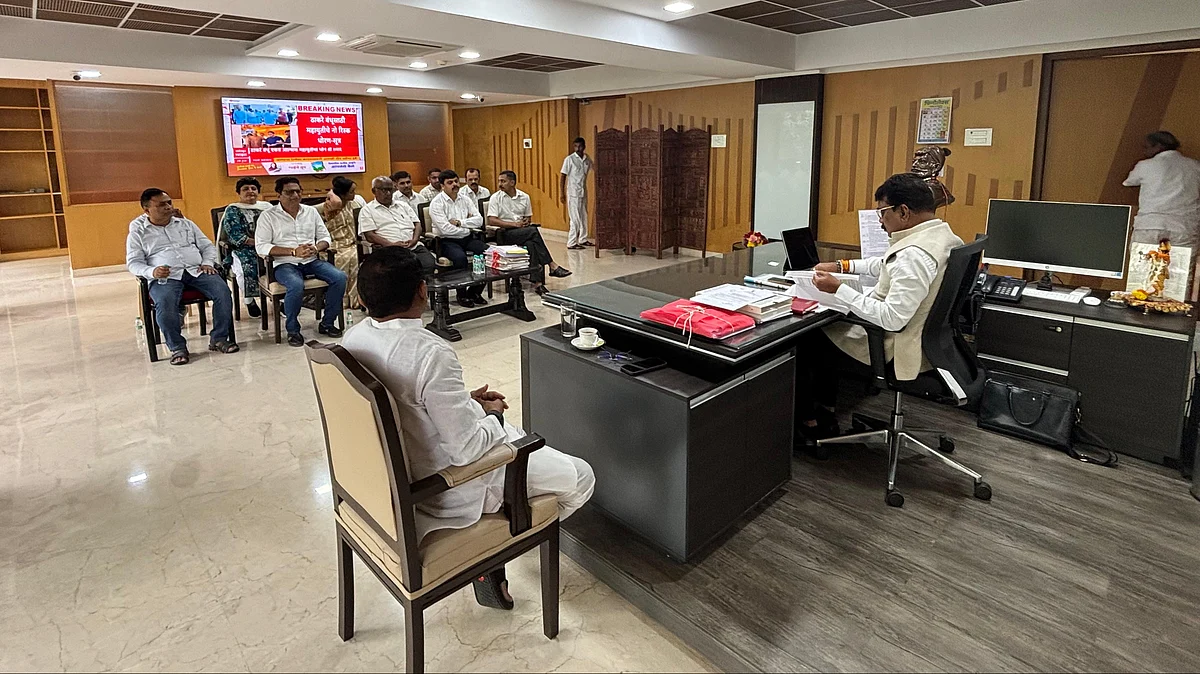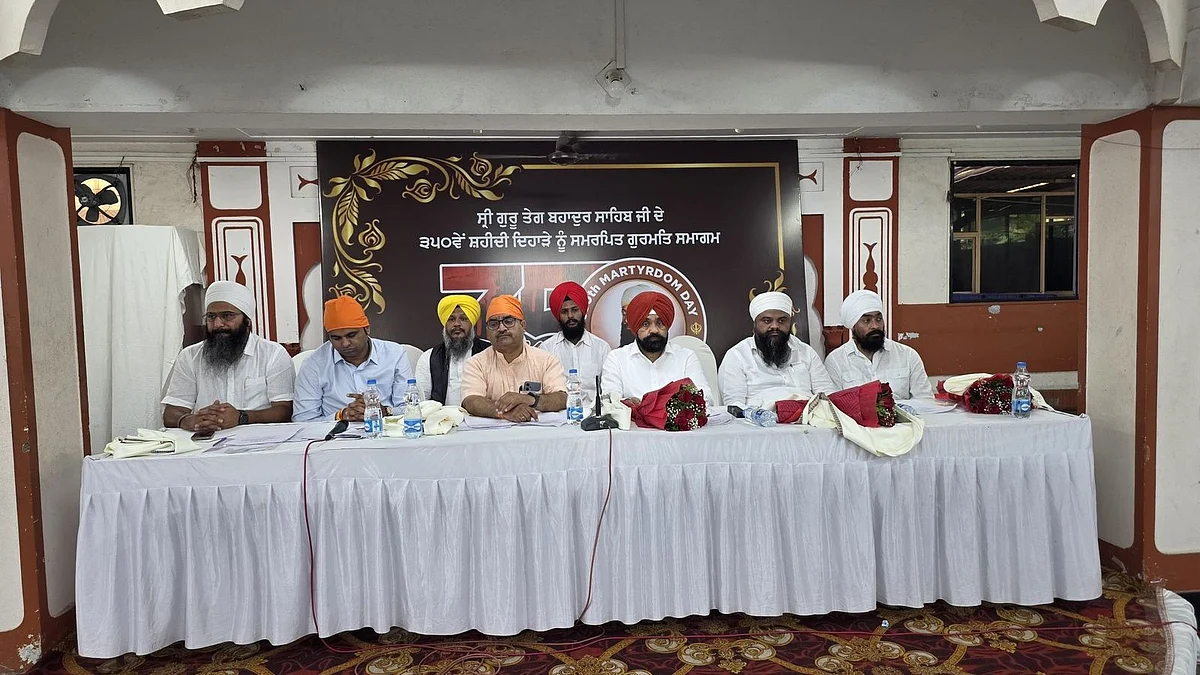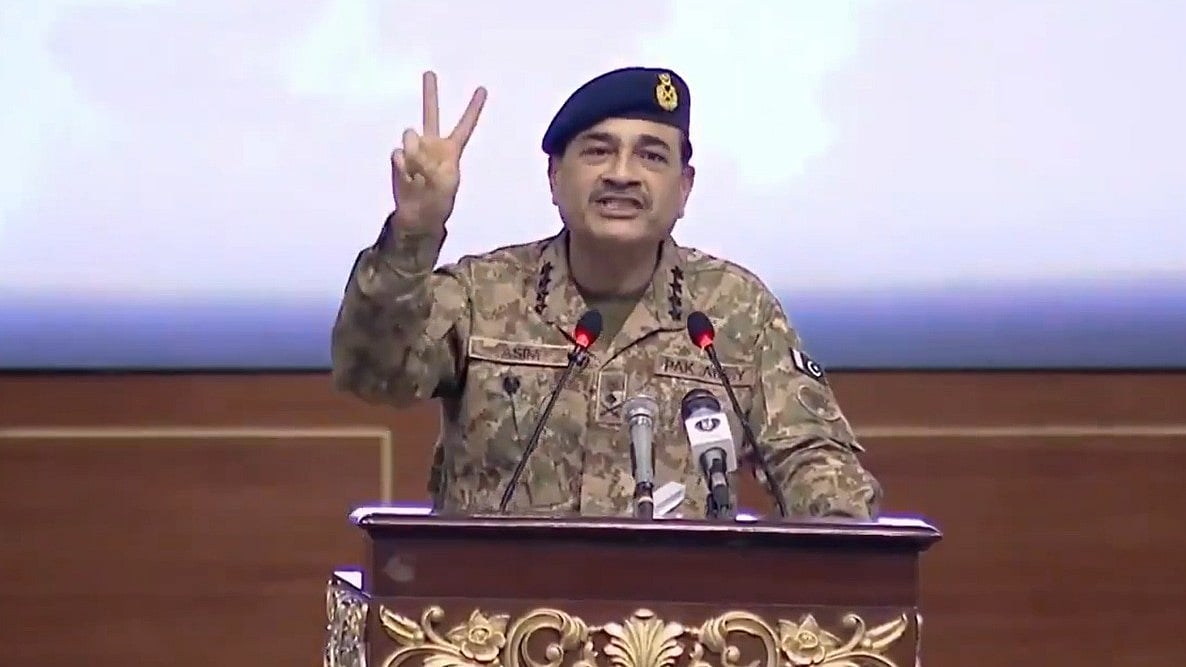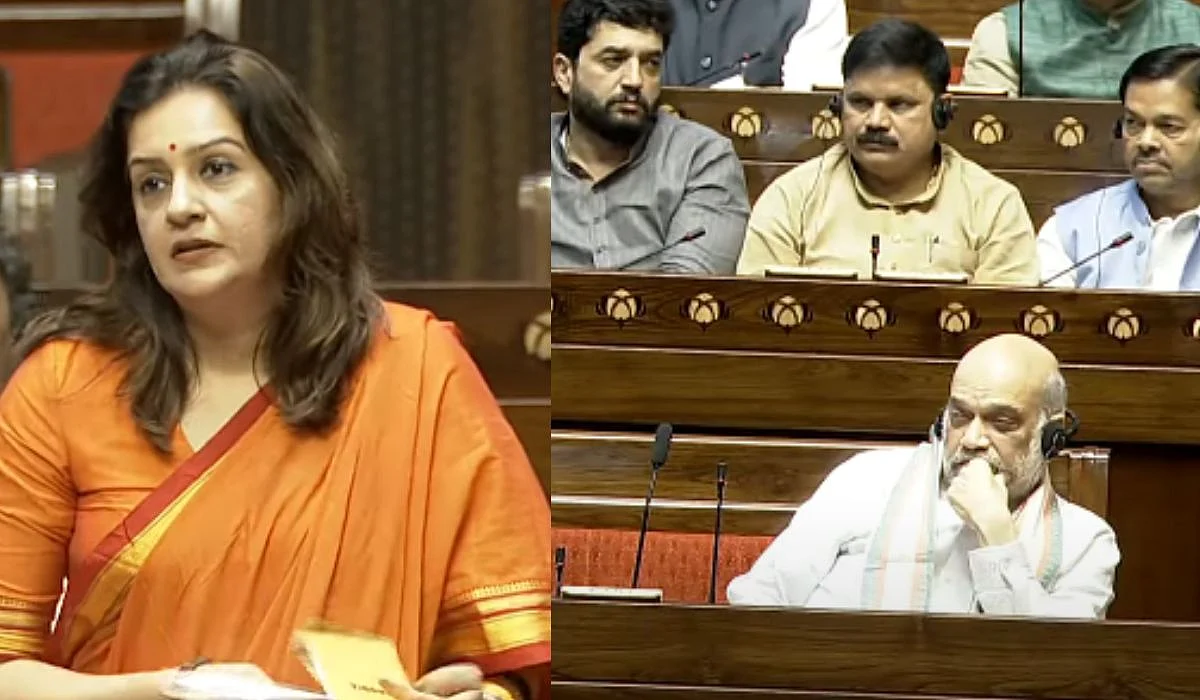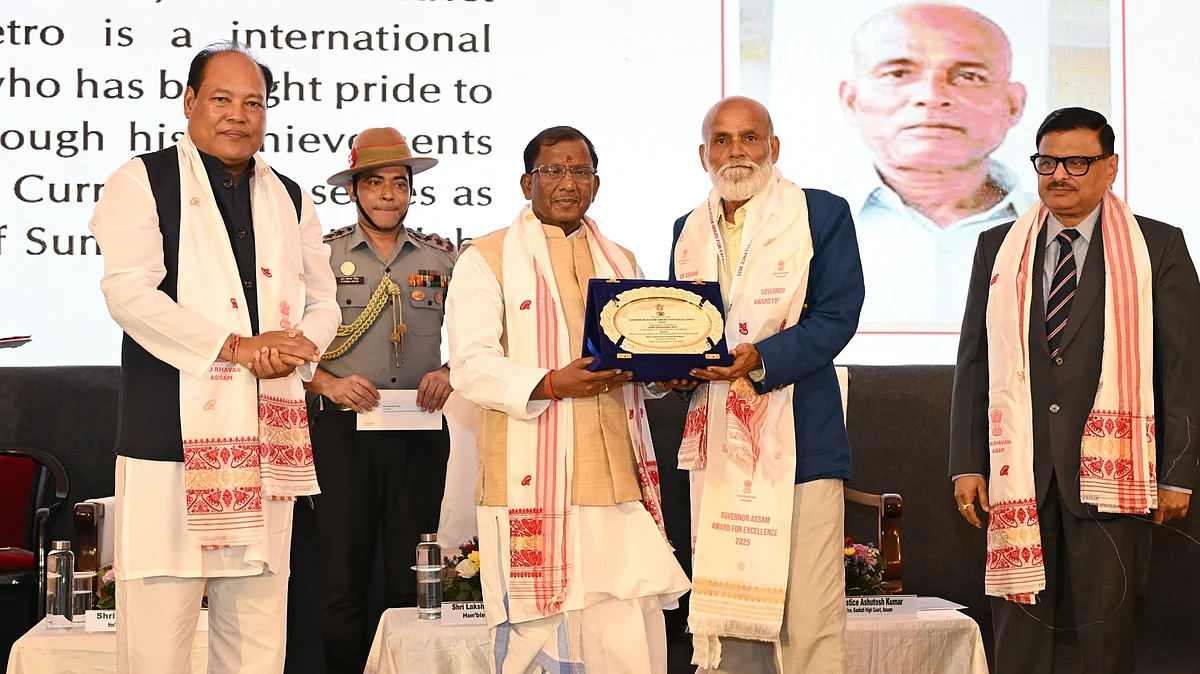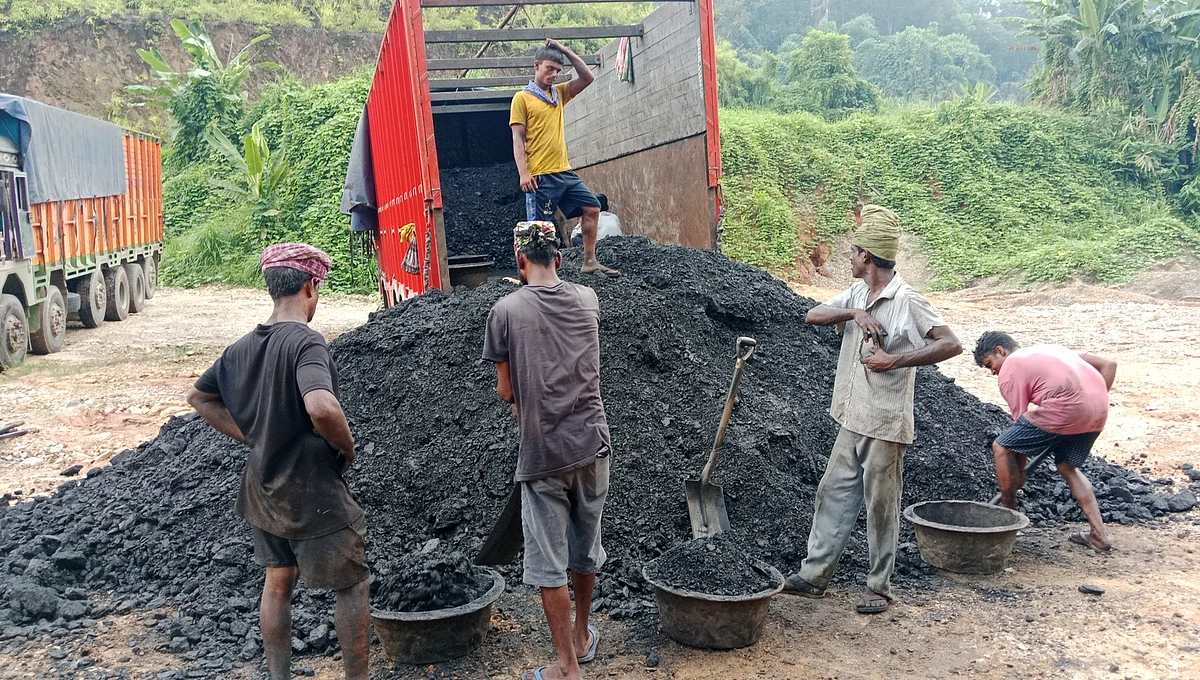Mumbai: The Supreme Court on Wednesday began a critical examination of the Waqf (Amendment) Act, 2025, signalling strong reservations about its validity and hinting at an imminent interim order to protect Muslim endowment properties. A Bench led by Chief Justice of India Sanjiv Khanna, along with Justices Sanjay Kumar and K.V. Viswanathan, heard over 70 petitions challenging the amended Act.
About The Petitioners
The petitioners include political leaders, civil society organisations, Muslim religious bodies, and concerned individuals who argue that the new law threatens religious autonomy and undermines fundamental rights guaranteed by the Constitution. At the heart of the challenge is the concern that the amended law allows state authorities to denotify properties previously recognised as Waqf, whether through formal deeds or long-standing religious use (waqf-by-user) - even as court proceedings are ongoing.
The Court made it clear that such properties should not lose their Waqf status while the matter remains under judicial consideration. One of the most contentious provisions is a clause stating that a property under inquiry by a district collector to determine whether it is government land would not be recognised as Waqf during the inquiry. The Court indicated this proviso should not come into effect and is likely to be held in abeyance. The Bench also suggested that all members of Waqf Boards and the Central Waqf Council - barring ex-officio members - should be Muslims.
This recommendation could shape the future structure and governance of Waqf institutions across India. These views are part of a larger legal debate unfolding over two days of hearings. The Court has signalled that it will not permit legislative overreach to override judicial precedents or infringe upon religious freedoms protected under Articles 25 and 26 of the Constitution. Chief Justice Khanna cautioned against attempts to undermine the doctrine of waqf-by-user, a centuries-old Islamic practice that recognises religious or charitable use of property over time, even without formal documentation.
He referred to Privy Council rulings that upheld this principle nearly a century ago. “You cannot undo established law,” he said. “How will you register such waqfs by the user? What documents will they have? It will lead to undoing something. Yes, there is some misuse. But there are genuine ones also. I have gone through the Privy Council judgments. Waqf-by-user is recognised. If you undo it, that will be a problem. The legislature cannot declare a judgment, order, or decree void. You can only address the basis.”
The Bench also took issue with the government’s authority to suspend the Waqf status of properties already recognised by courts. “Legislatures can legislate around a principle,” the Bench noted, “but they cannot wipe out judicial records.”
The Key Focus
A key focus was Section 2A of the amended Act, which empowers the government to exclude from Waqf purview any property under dispute. The Court found this deeply problematic, with the Chief Justice stating that it undermines judicial protections through administrative action, something solely within the court’s domain. Solicitor General Tushar Mehta defended the Act as a reform measure, pointing out that it had undergone extensive deliberation by a Joint Parliamentary Committee that examined over one crore submissions. But under sharp questioning, Mehta acknowledged that even properties previously validated as Waqf by the courts could lose their status if not formally registered.
The Court remained unconvinced, reiterating that judicial decisions cannot be undone by legislative amendments. “You cannot rewrite the past,” the Chief Justice said. Another controversial clause is Section 3(r), which restricts the creation of Waqf properties to Muslims who have practised Islam for at least five consecutive years. This, too, is under scrutiny.

The inclusion of non-Muslim members on Waqf Boards also drew strong objections from the Bench. Dismissing the government’s analogy of non-Muslim judges adjudicating Waqf cases, the Chief Justice remarked, “When we sit here, we lose our religion.” Justice Viswanathan added, “Just as Hindu religious boards are managed by Hindus, so too must Muslim institutions reflect their religious composition.”
The hearings come against the backdrop of rising political and communal tensions, with the Court expressing deep concern over recent violence in Murshidabad, West Bengal, where 3 people were killed during protests against the amendments. In a move with wide-reaching implications, the Bench is considering transferring similar pending cases from various High Courts to the Supreme Court, aiming for a uniform ruling across the country.
Though no formal orders were passed on Wednesday, the Bench indicated it would soon direct that all properties already recognised as Waqf - either by deed or judicial ruling must not be de-notified while the case is pending. It also said the controversial proviso in Section 2A would remain suspended for now. These directions, even as interim measures, could serve as critical safeguards against administrative encroachment on Muslim religious endowments. The matter will resume on Thursday, when the SC is expected to issue interim orders.

